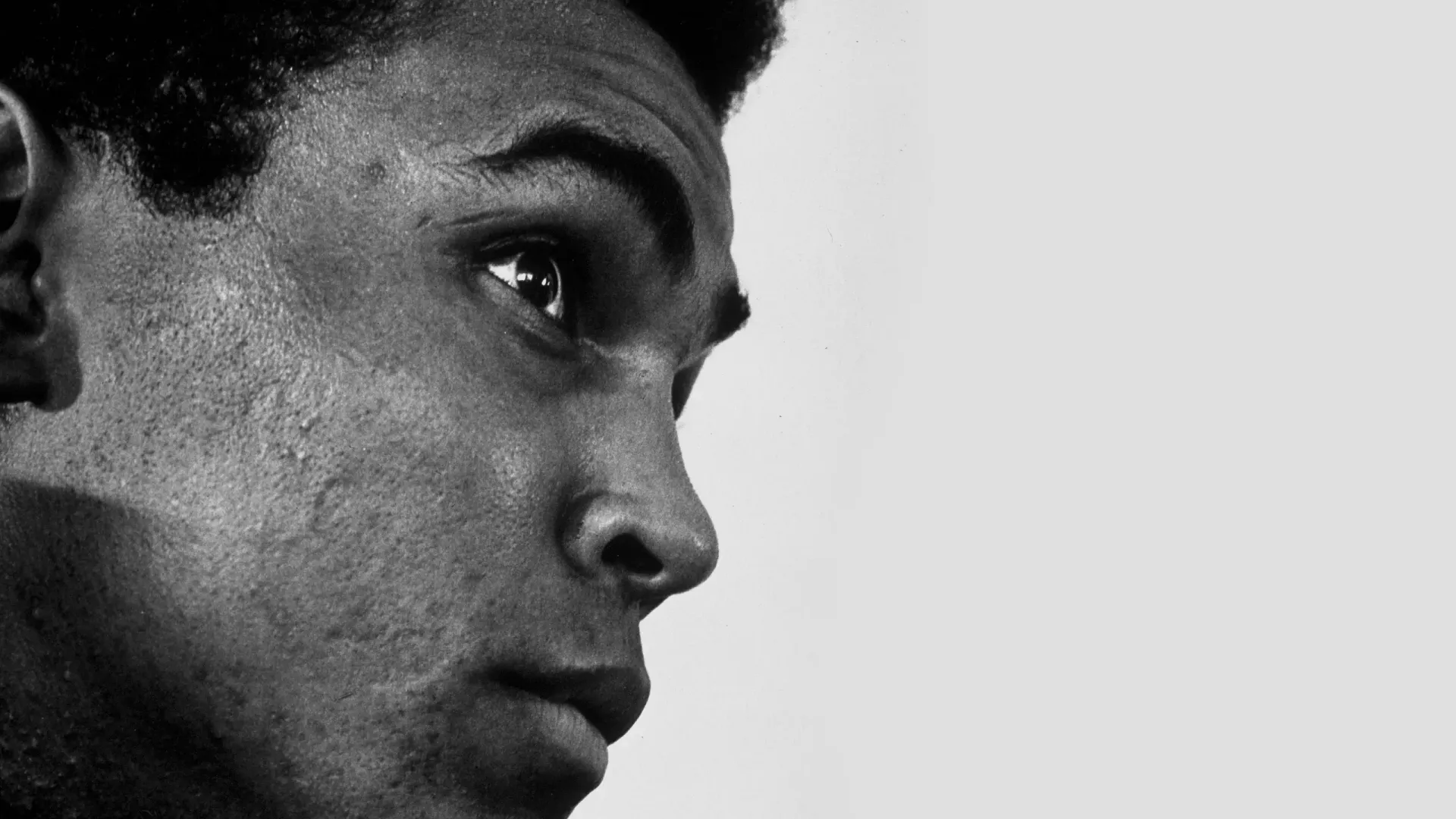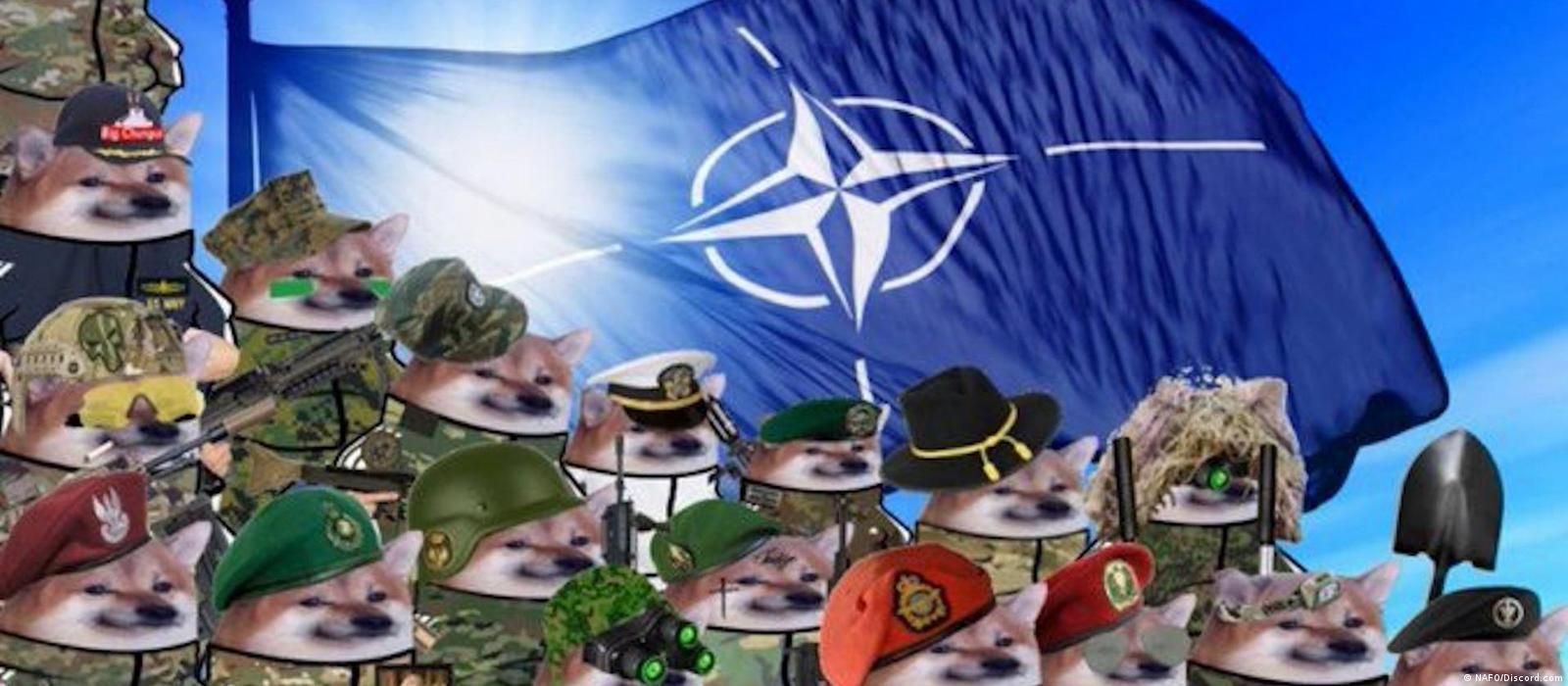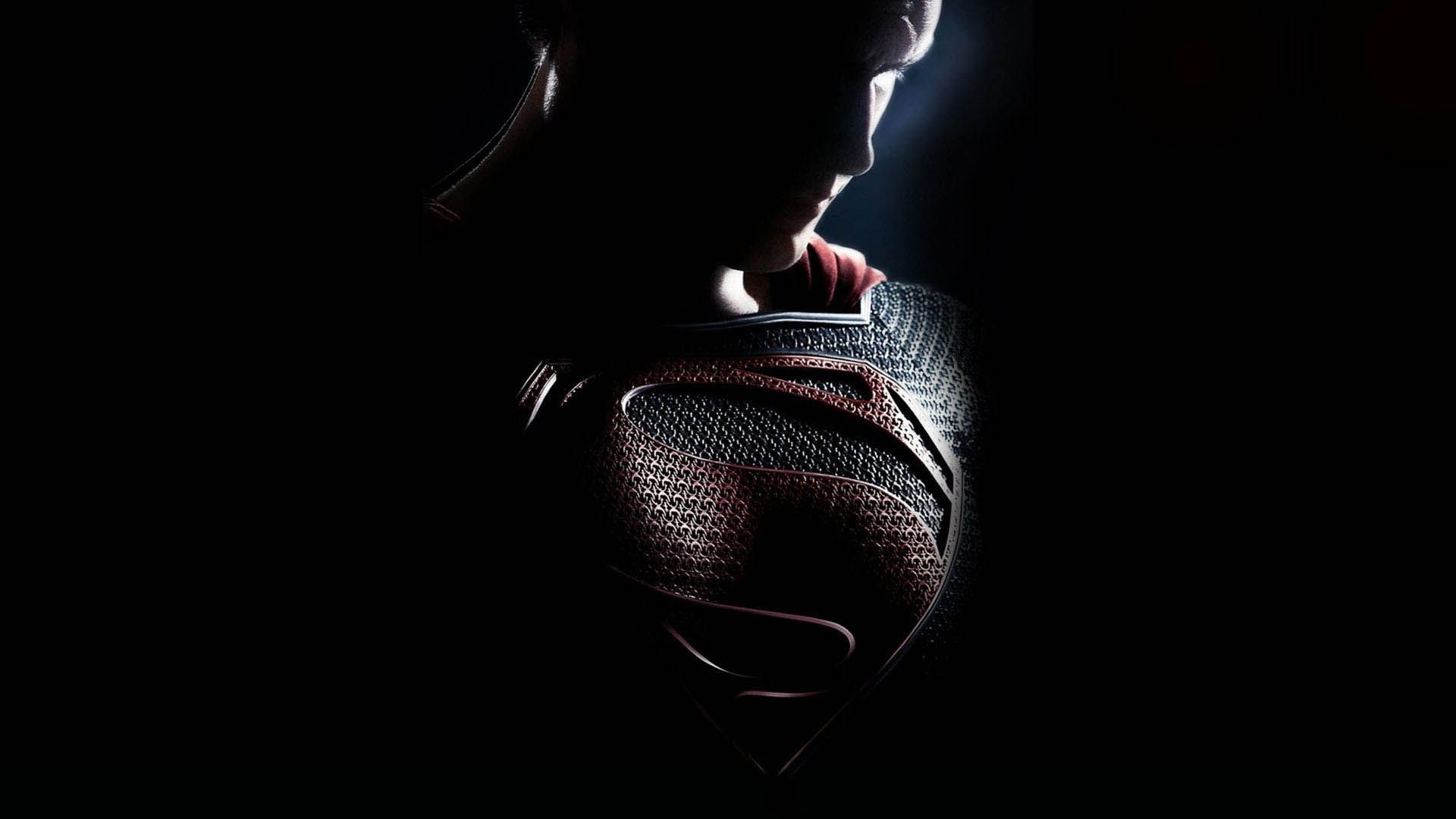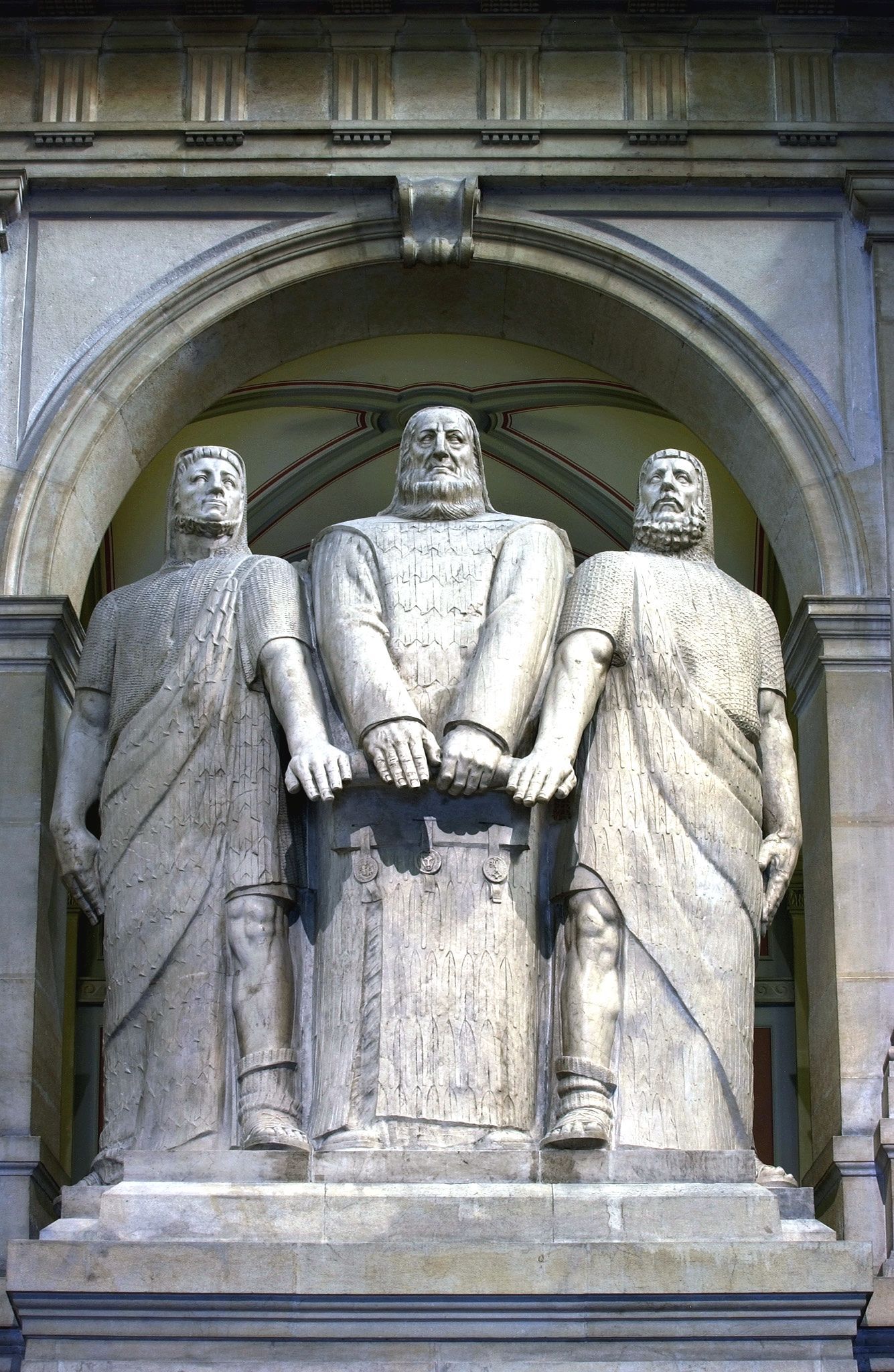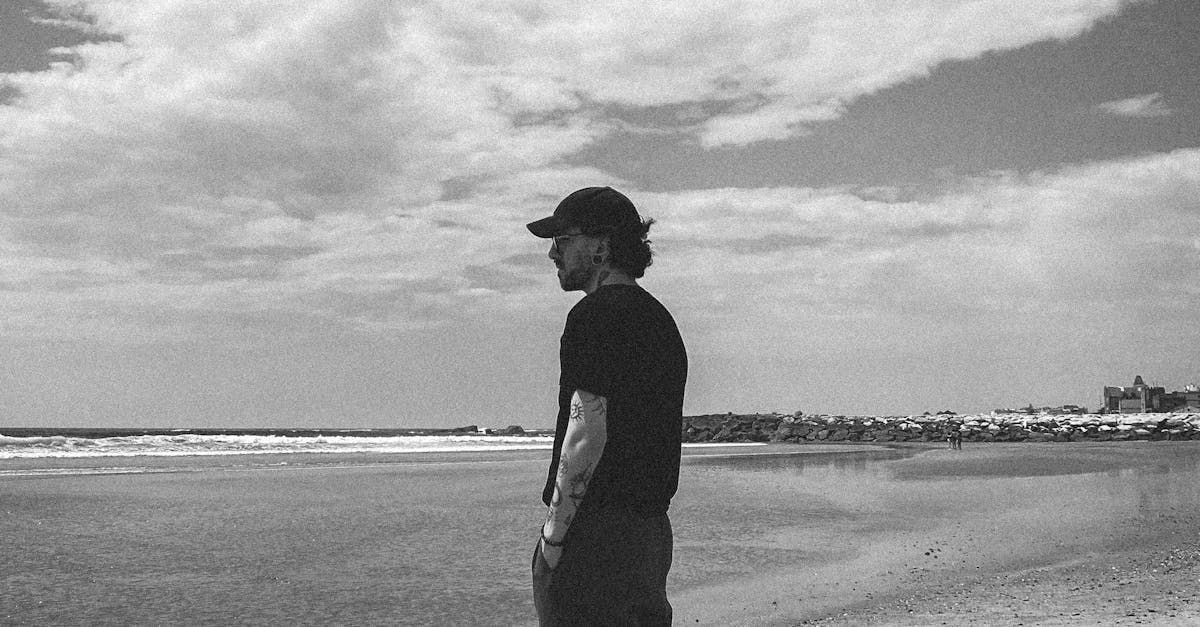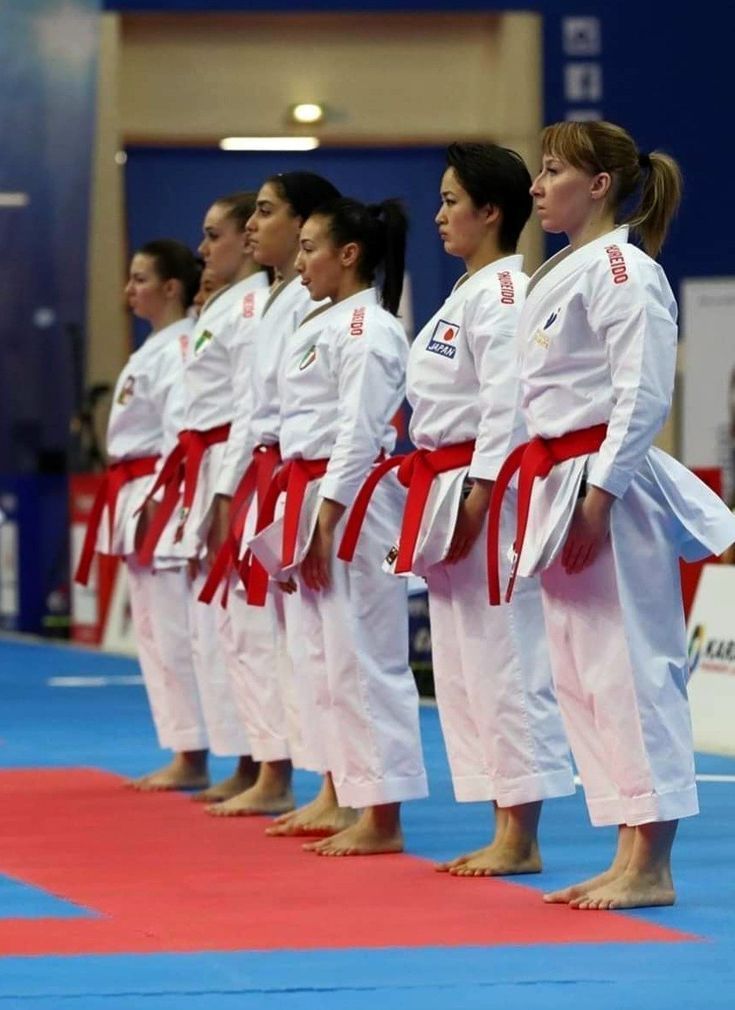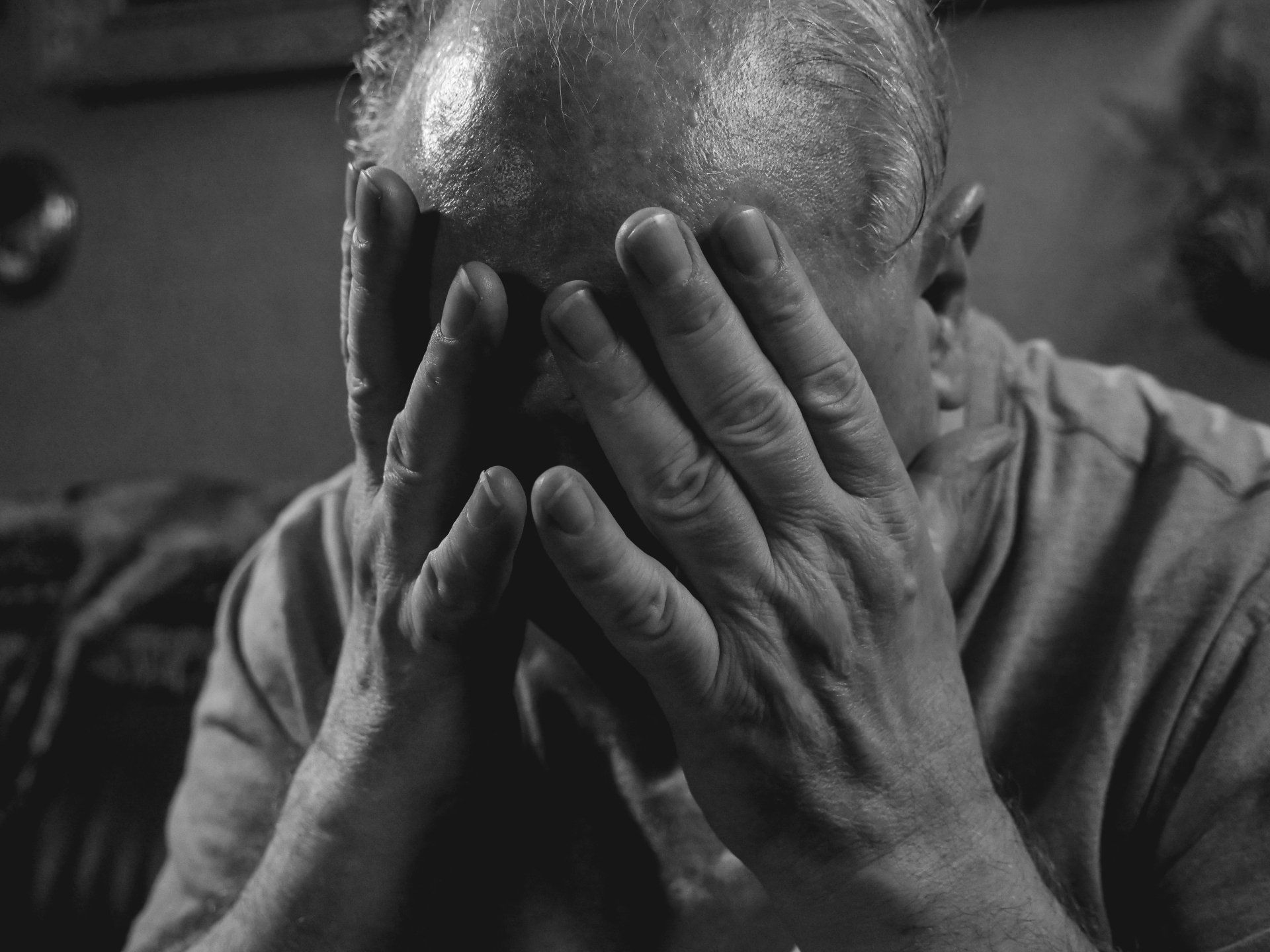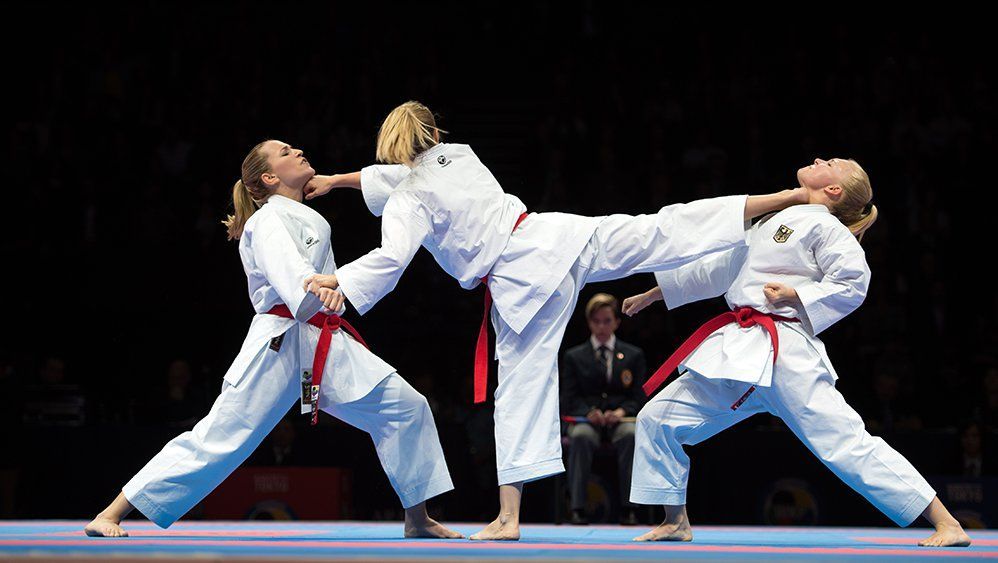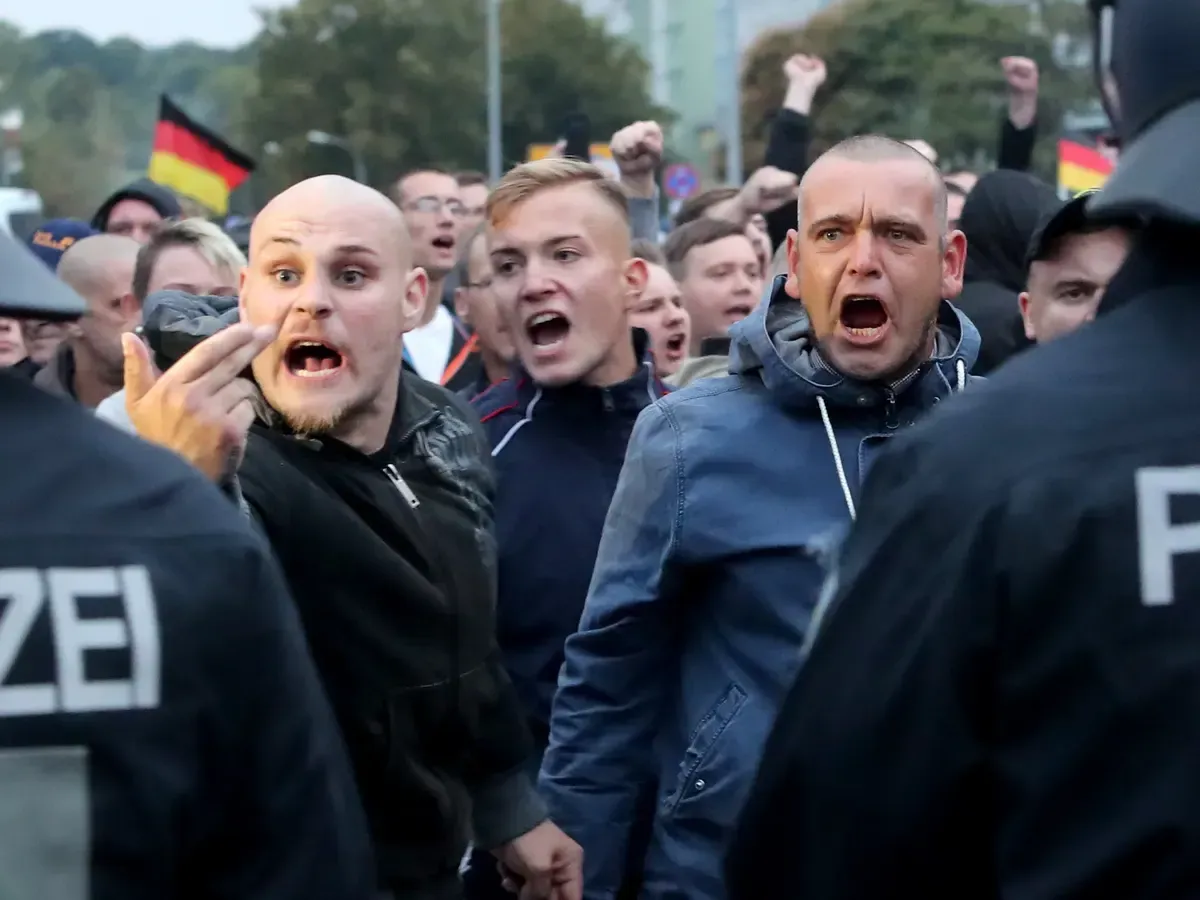Dignity, Heroic Courage, and Justice
The Transformative Power of Steadfast Courage: Dignity, Racism, and the Pursuit of Justice
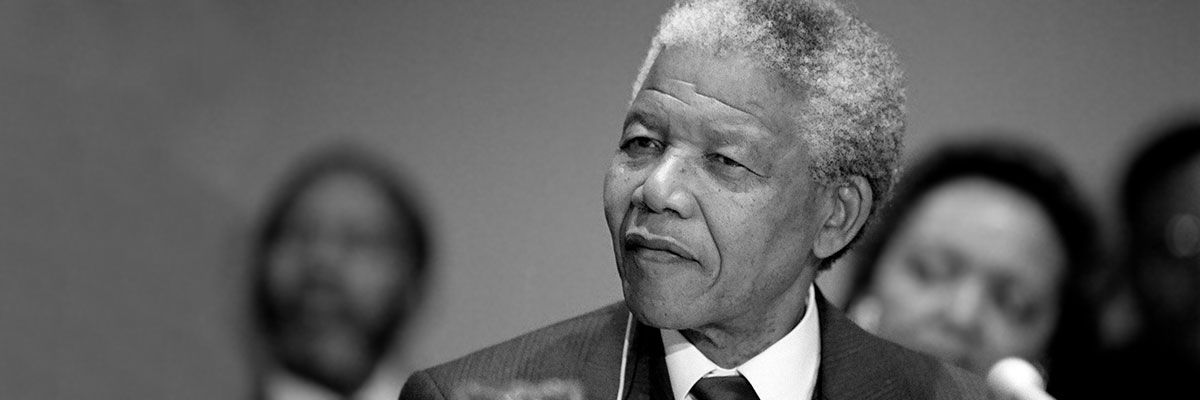
In the tumultuous landscape of human history, few ideals shine as beacons of hope and progress like dignity, the fight against racism, heroic courage, and the relentless pursuit of justice. This narrative has been shaped by remarkable individuals whose lives exemplify the transformative power of steadfast courage. Among these luminaries are Congressman John Lewis, Dr. Martin Luther King Jr., and Nelson Mandela, whose contributions to humanity transcend geographical and temporal boundaries. Their stories, alongside those of countless other activists, illustrate not merely a commitment to fighting injustice but a profound understanding of dignity's inherent value. This essay explores their legacies, seeking to illuminate the philosophical and political underpinnings of their struggles and achievements.
The Philosophical Roots of Dignity and Justice
At the heart of these leaders' endeavors lies a profound respect for human dignity—the intrinsic worth of each individual, which demands recognition and protection. This concept, deeply rooted in philosophical traditions ranging from Kantian ethics to the humanist principles of various cultures, serves as the foundation for the universal declaration of human rights. It posits that all humans are entitled to live in conditions that allow them to exercise their autonomy and capabilities. Racism, by its very nature, seeks to undermine this dignity, categorizing individuals based on perceived racial differences and subjecting them to systemic inequities and brutality.
John Lewis: Good Trouble and the Belief in the Beloved Community
Congressman John Lewis, a towering figure in the American civil rights movement, embodied the principle of fighting for dignity through what he famously termed "good trouble." Lewis's life was marked by a relentless commitment to nonviolent protest, deeply influenced by the teachings of Dr. Martin Luther King Jr. He understood that the struggle for civil rights was not merely a political battle but a moral imperative to affirm the dignity of African Americans and all marginalized communities. Lewis's participation in the Freedom Rides, his leadership in the Selma marches, and his advocacy in the halls of Congress were driven by his belief in the "Beloved Community"—a society based on justice, equality, and love for one's fellow human beings.
Martin Luther King Jr.: The Arc of the Moral Universe
Dr. Martin Luther King Jr.'s philosophical and political contributions to the civil rights movement were underpinned by his profound belief in dignity, justice, and nonviolent resistance. King's eloquence and moral clarity galvanized a nation and the world, challenging them to confront the ugly realities of racism and segregation. His vision of the "arc of the moral universe" bending toward justice serves as a testament to his unwavering faith in humanity's capacity for growth and redemption. King's legacy teaches us that courageous leadership, grounded in moral principles, has the power to transform society in profound ways.
Nelson Mandela: Long Walk to Freedom
Nelson Mandela's lifelong struggle against apartheid in South Africa exemplifies the transformative power of steadfast courage and the pursuit of dignity and justice. Mandela's resilience during his 27 years of imprisonment, followed by his rise to the presidency of South Africa, illustrates his extraordinary commitment to reconciliation and nation-building. His leadership not only dismantled the institutionalized racism of apartheid but also laid the groundwork for a new, inclusive democracy. Mandela's legacy is a reminder that true courage involves not just the willingness to fight for justice but also the grace to forgive and build anew.
The Role of Heroic Courage in the Fight Against Racism
The lives of Lewis, King, Mandela, and others highlight the indispensable role of heroic courage in the fight against racism. This courage is not the absence of fear but the determination to act in accordance with one's convictions, despite the risks involved. It requires a deep commitment to the ideals of dignity and justice, as well as the resilience to withstand setbacks and continue the struggle.
The Ongoing Journey Towards Justice
The legacies of these leaders, while monumental, are not relics of the past but torches that light the way forward. The struggle for dignity and justice in the face of racism and inequality remains a pressing issue in contemporary society. From the Black Lives Matter movement to global protests against systemic injustices, the fight for a more equitable world continues.
Conclusion: The Transformative Power of Steadfast Courage
The philosophical and political legacies of John Lewis, Martin Luther King Jr., Nelson Mandela, and others serve as profound reminders of the transformative power of steadfast courage. Their lives demonstrate that dignity, racism, heroic courage, and justice are intimately connected, each influencing and reinforcing the others. Through their examples, we learn that the pursuit of justice is not a linear journey but a continuous struggle requiring moral clarity, resilience, and an unwavering commitment to human dignity.
As we reflect on their contributions, let us recognize that the baton has been passed to us. It is our responsibility to carry forward the legacy of these great leaders, to confront the challenges of our time with the same courage and conviction. In doing so, we honor their memories and contribute to the unfolding story of humanity's quest for dignity, equality, and justice.
